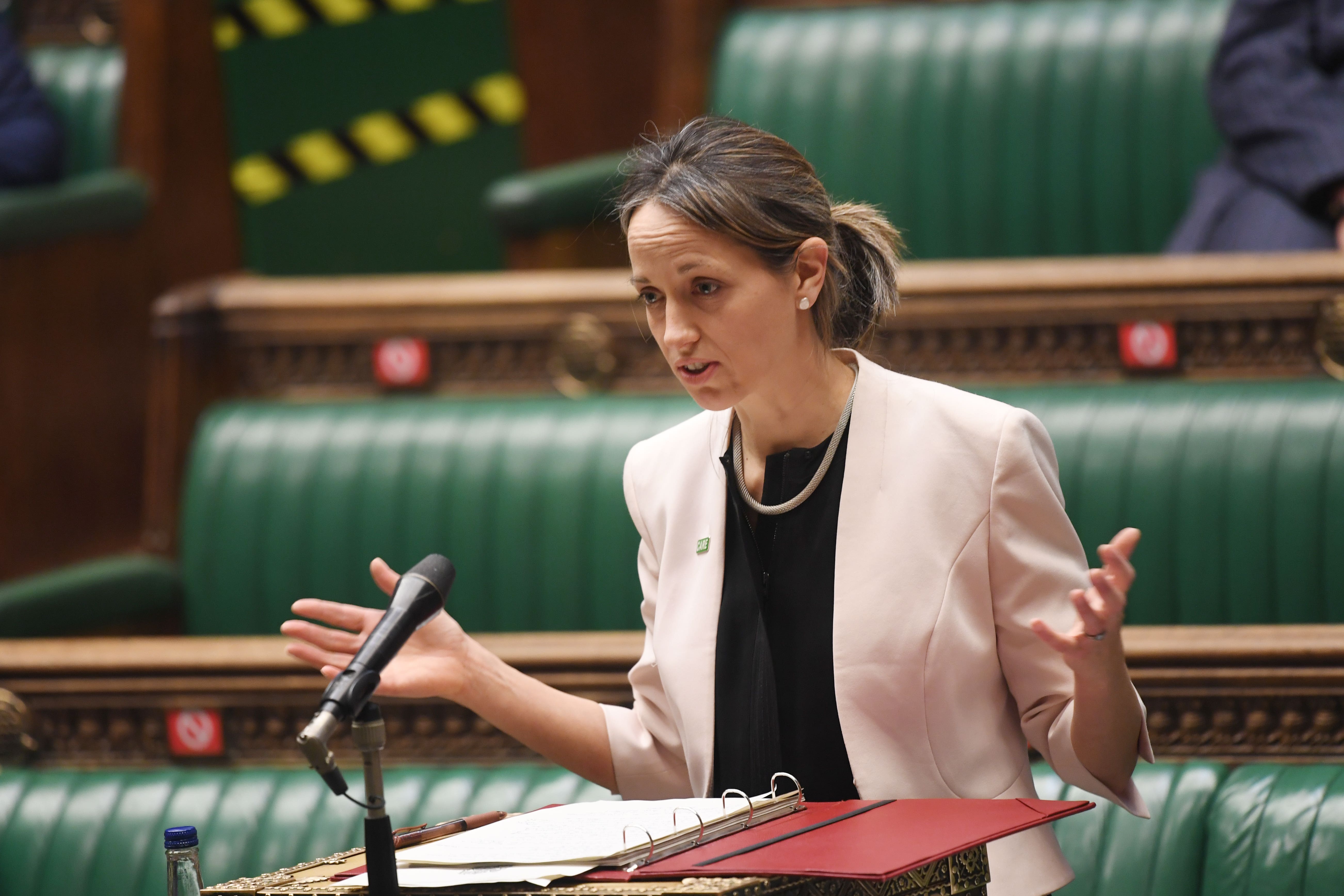Dependants’ ban for overseas care workers to come in from March 11
The measures were said to have ‘blindsided’ providers with some warning they have ‘grave concerns’ the change could drive people from the sector.
Your support helps us to tell the story
From reproductive rights to climate change to Big Tech, The Independent is on the ground when the story is developing. Whether it's investigating the financials of Elon Musk's pro-Trump PAC or producing our latest documentary, 'The A Word', which shines a light on the American women fighting for reproductive rights, we know how important it is to parse out the facts from the messaging.
At such a critical moment in US history, we need reporters on the ground. Your donation allows us to keep sending journalists to speak to both sides of the story.
The Independent is trusted by Americans across the entire political spectrum. And unlike many other quality news outlets, we choose not to lock Americans out of our reporting and analysis with paywalls. We believe quality journalism should be available to everyone, paid for by those who can afford it.
Your support makes all the difference.Overseas care workers coming to the UK will no longer be allowed to bring dependants under new rules from mid-March aimed at tackling “unsustainable and unfair levels of migration”.
The measures – announced in December but for which a timetable has now been set out – were said to have “blindsided” providers, with some warning they have “grave concerns” the change could drive people from the sector.

Announcing the rollout of the new legal migration measures, social care minister Helen Whately said while she is “grateful” for the contribution of overseas care workers, she is also “clear that immigration is not the long-term answer to our social care needs”.
Alongside tightening visa rules we're reforming social care careers to boost our homegrown care workforce
A report from Skills for Care last summer noted that the vacancy rate in social care was at about 9.9% – around 152,000 vacancies on any given day, and providers have stated that overseas workers have been crucial to their staffing.
Skills for Care, which is the strategic workforce development and planning body for adult social care in England, said it does not take a view on whether international recruitment is the right policy choice but insisted that if it is cut, more must be done on building a domestic workforce.
As part of efforts to do just that, earlier this month the Government announced new qualifications and investment in apprenticeships in a bid to change perceptions of jobs in the sector.
Ms Whately said: “Alongside tightening visa rules we’re reforming social care careers to boost our homegrown care workforce.
“We have launched the first ever national career path for care workers and a new care qualification is on the way.
“These reforms, together with international recruitment under the new rules, will build on the progress made over the last year – of lower staff turnover, fewer vacancies and more people working in social care”.
This will help tackle the abuse of the Health and Care Visa route that we have seen and ensure that those coming through this route genuinely support the social care system
The Office for National Statistics, in figures published in November, said health and care visas were the most common type of work visa on which dependants came to the UK, adding that this was driving the increase in immigration of those on work dependant visas.
The Government has said its new measures will also tackle abuse of these visas, with rules to ensure care providers in England can only sponsor migrant workers if they are undertaking activities regulated by the watchdog the Care Quality Commission (CQC).
In a written statement on Tuesday, Tom Pursglove, minister for legal migration and delivery, said: “On 19 February, we intend to lay Immigration Rules which will remove the right for care workers and senior care workers to bring dependants, which will come into force on 11 March 2024.
“The rules will ensure that care providers in England will only be able to sponsor migrant workers if they are undertaking activities regulated by the Care Quality Commission (CQC).
“This will help tackle the abuse of the Health and Care Visa route that we have seen and ensure that those coming through this route genuinely support the social care system.”
